Chapter 7, also known as "liquidation" bankruptcy, allows individuals to discharge most unsecured debts, such as credit card bills and medical expenses, by liquidating non-exempt assets to repay creditors.
To qualify, individuals must pass the “means test”, which evaluates income and expenses to determine eligibility. If your income is below the median for your state, you may qualify.
Most unsecured debts, including credit card bills, medical bills, personal loans, and some older tax debts, can be discharged. However, some debts like student loans, child support, and recent tax obligations usually cannot be discharged.
The process typically takes about 4 to 6 months from filing to the discharge of debts.
Not necessarily. Many states allow certain property exemptions for things like your home, car, retirement accounts, and basic household goods. Non-exempt assets, however, may be sold to repay creditors.
Yes, once you file for Chapter 7, an “automatic stay” goes into effect, which stops most collection actions, including lawsuits, wage garnishments, and harassing calls from creditors.
Filing for Chapter 7 will negatively impact your credit score and can stay on your credit report for up to 10 years. However, many people are able to rebuild their credit within a few years after discharge.
The means test is used to determine eligibility for Chapter 7. It compares your income to the median income in your state. If your income is above the median, further calculations are done to assess your disposable income.
Chapter 7 involves liquidating non-exempt assets to discharge debts, while Chapter 13 allows you to keep your assets and repay debts over time. Chapter 13 is typically for people with regular income or who don’t qualify for Chapter 7.
Chapter 7 can temporarily stop foreclosure or repossession through the automatic stay, but it does not provide a long-term solution for keeping secured property like homes or cars unless you are able to catch up on payments.
You can file for Chapter 7 bankruptcy again eight years after your previous Chapter 7 filing.
Costs include court filing fees, attorney fees and fees for credit counseling and credit reports. Many attorneys offer payment plans.
If a cosigner is on a debt that is discharged in your Chapter 7, the creditor may pursue the cosigner for payment. Chapter 13 may provide more protection for cosigners.
Most retirement accounts, such as 401(k)s, IRAs, and pensions, are protected and exempt from being liquidated in Chapter 7 bankruptcy.
Pursuant to BAPCPA "We are a debt relief agency. We help people file for bankruptcy relief under the Bankruptcy Code."

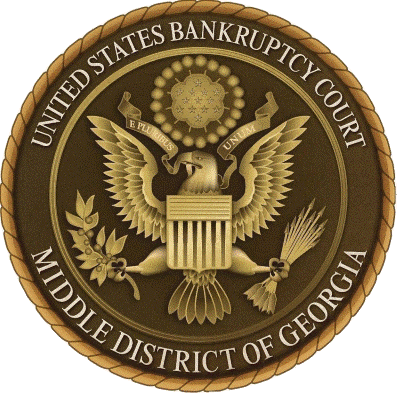
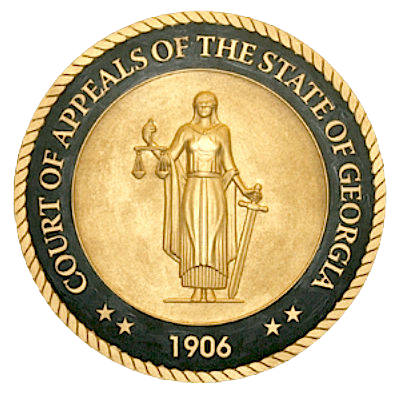
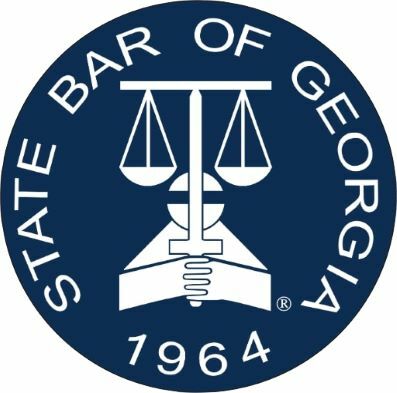
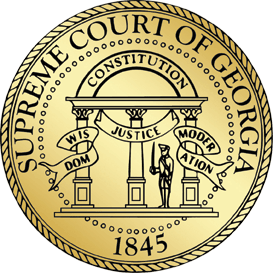
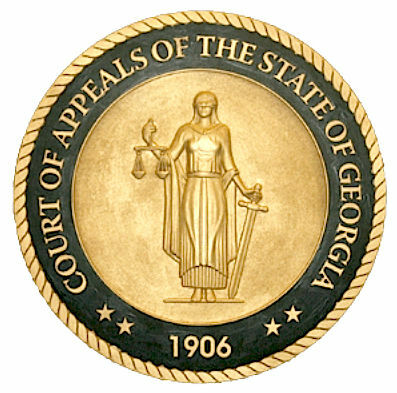
Content, including images, displayed on this website is protected by copyright laws. Downloading, republication, retransmission
or reproduction of content on this website is strictly prohibited. Terms of Use | Privacy Policy